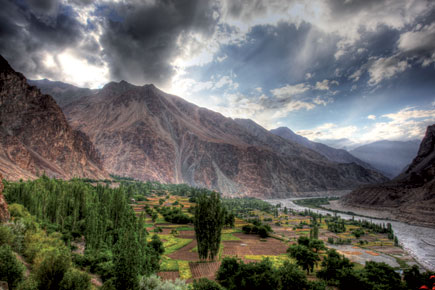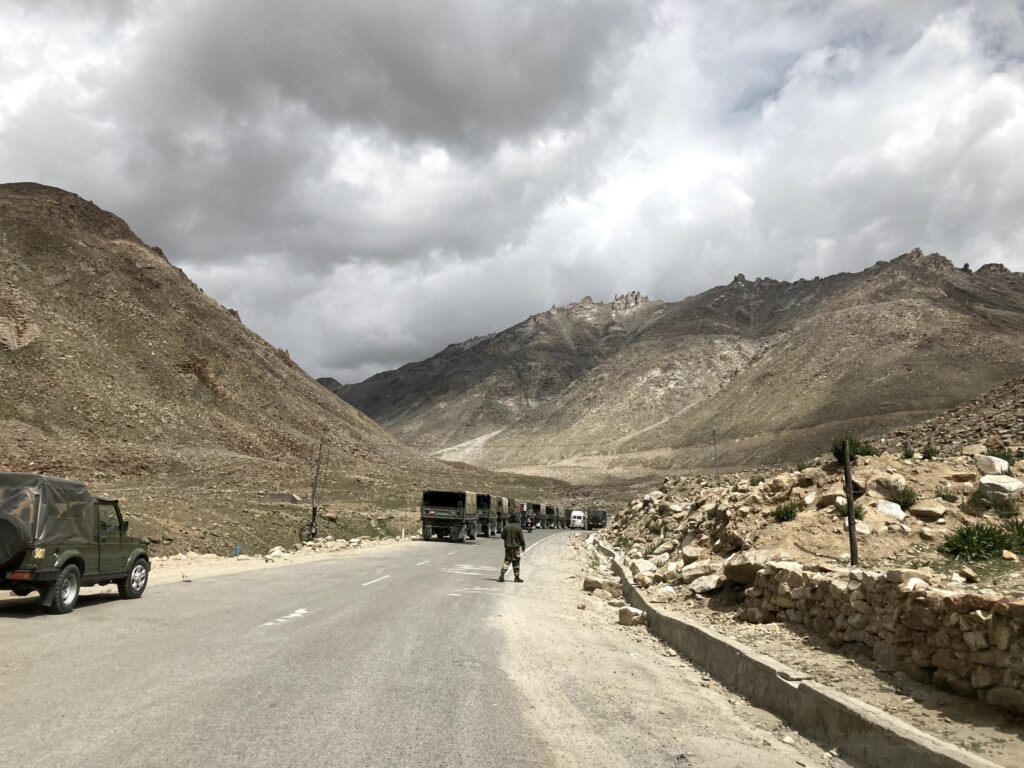
War is sometimes necessary but it costs hundreds of lives. Around 52 years ago people of Turtuk village slept in Pakistan but woke up as Indians. As surprising as it sounds, it’s a historical fact.
Turtuk was a border region in Pakistan until 1971. One fine day, it became a part of India. The unsettling effects of this switch are still visible. Shyok, which literally means ‘river of death,’ proves one in the dark night of 1971.
On 14 December 1971, when the Indian Army captured this village, Turtuk, from Pakistan. At the edge of Baltistan, enclosed by the Karakoram mountain range with the Shyok flowing in the valley below, Turtuk was one of four villages captured by Indian forces.
Also See: Mount Kailash: Centre of so many mysteries
In 1971, one of history’s shortest wars was in full swing in the eastern and western front of the border. People of Turtuk were hiding in a nearby gorge one winter night, afraid of a marching army that gouged out the eyes of their enemies, cut off the breasts of women and plundered and burned the villages. For them, it was a long and dark night.
Major Chewang Rinchen of the Ladakh Scouts of the Indian Army came on a courtesy call to Turtuk. The hero of the conquest, the Major would be awarded another Mahavir Chakra for this, making him one of only six Indians with two such honors to date. ‘Major Chewang Rinchen had captured Point 18,402, the highest post ever captured, and also liberated an area of 800 sq km from PoK (the largest area captured in the 1971 operations).

Recent situation in the village
Despite the fact that India and Pakistan are still at odds over Kashmir, life goes on peacefully in Turtuk. Villagers were all issued Indian identity cards and made citizens after the takeover in 1971, and recent efforts to modernise the Nubra Valley, from better roads, health services and transportation, as well as the recent tourism boom, have meant more prosperous times for Turtuk. However, it doesn’t feel much like India here.
The apricot orchards, Noorbakshia mosques, stone homes and irrigation channels – as well as traditional Balti dishes like kisir (buckwheat bread) topped with yak meat or served with muskat, an apricot and walnut paste; and balay, a soup with large buckwheat noodles – keeps the village culturally faithful to its Balti roots.
